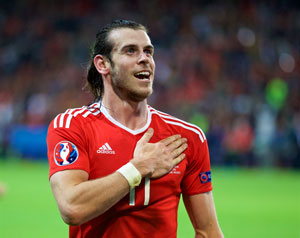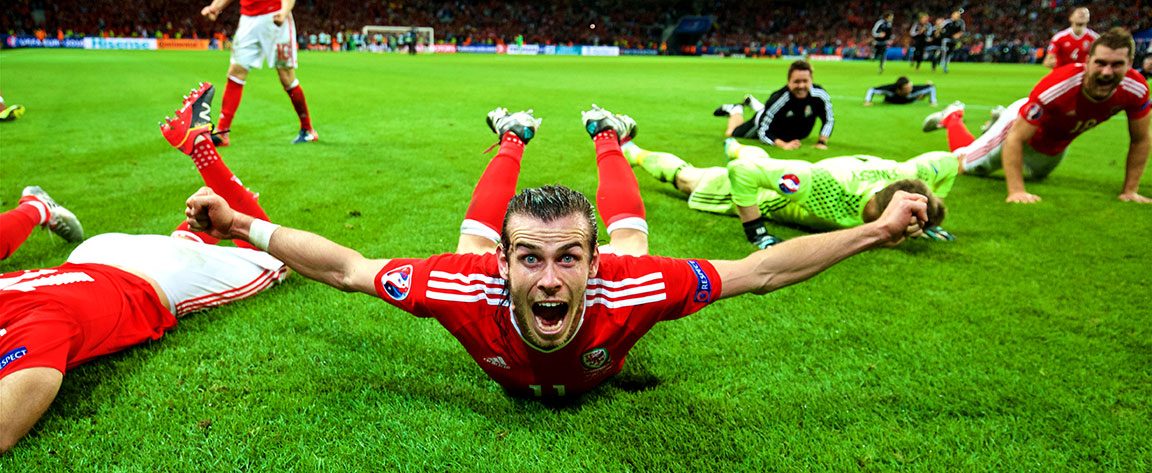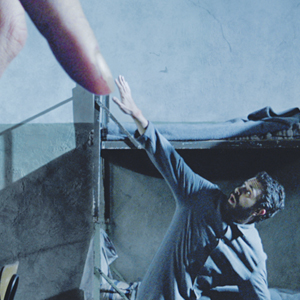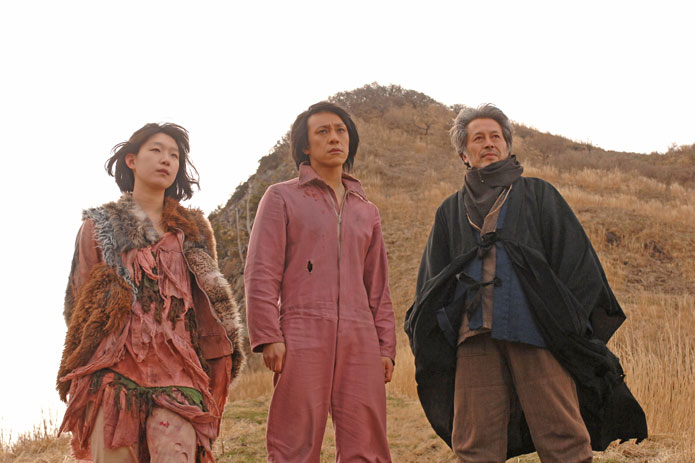
Welsh footballer Gareth Bale starred at the 2016 UEFA European Championship.
In years gone by, Wales has had some magnificent individual football players. Names such as Ian Rush, Mark Hughes and Ryan Giggs would have been assets to any national side when they were in their pomp. But the country always fell short as a team.
Before the 2016 UEFA European Championship in France, Wales had appeared at precisely one other international tournament: the FIFA World Cup way back in 1958 in Sweden. And going into the 2016 contest—after being drawn in the group stages against Russia, Slovakia and, almost inevitably, old rivals England—there was little expectation that The Dragons would survive the early matches.
Even the most optimistic Welsh patriot could have been forgiven for not bothering to book hotels for beyond the three group games. But Jonny Owen had more faith and had started in 2012 to make a documentary that charted Wales’ unlikely campaign to get to France. And once there, he kept the cameras rolling.
The result is Don’t Take Me Home, a documentary that was released in March and charts the incredible tenacity and rise of a relatively young squad through the FIFA rankings and on to giant-killer status. Owen’s film opens with Chris Coleman taking over as manager of the team, as well as scenes of heartache from yesteryear, as Wales repeatedly fell short in their efforts to make their mark on the world stage.
As the qualifying games for the tournament progress, Owen interviewed Coleman, Gareth Bale— undoubtedly the star and talisman of the team—as well as Aaron Ramsey, Ashley Williams and other, less-than-household names in the Wales team. Very quickly, the close bond that holds these individuals together is apparent. They are a team.
Welsh Pride
The documentary is far more than simply about the players. Cleverly interspersed with the football are footage and interviews with fans in red shirts proudly waving their unmistakable national flag. There are celebrations in the streets of Bordeaux, Toulouse and Lens for those fortunate enough to have been able to attend games, as well as outside pubs in Wales for the rest of the nation watching on television.
Grown men are seen sobbing. Children are wearing red wigs. Complete strangers are hugging one another, and it’s all because they’re both wearing Welsh red.
In one memorable scene, the cameras capture the utter mayhem that breaks out at an outdoor screening in Wales when the ball rolls into the bottom corner of an opponent’s net. Water bottles, hats, scarves and even people are instantly airborne in an eruption of national pride.
Owen has captured the moment perfectly.
In the team’s first game of Euro 2016, Wales beat Slovakia. Despite a narrow loss to England, they then dispatched Russia by three goals to nil, finishing top of Group B and moving on to the knock-out rounds. Even Gareth Bale did not see that coming.
And while England were being humiliated by Iceland, Wales eased past Northern Ireland and then Belgium into the quarter-finals. As a result, the final four teams in the tournament were traditional football powerhouses Germany, France and Portugal. And Wales.
The fairy tale finally came to an end against Portugal in the semi-finals, but there was certainly no disgrace in losing to the team that would eventually go on to win the tournament. Two Welsh players—midfielders Joe Allen and Aaron Ramsey—were named in the UEFA team of the tournament. Not bad for a nation of slightly more than 3mn people.
The story behind Don’t Take Me Home is one that Hollywood would reject because it is simply too improbable. Now that it is fact, everyone with a smidgen of Welsh heritage needs to see this film. Plus anyone who enjoys seeing the underdog get one over on the big boys.





